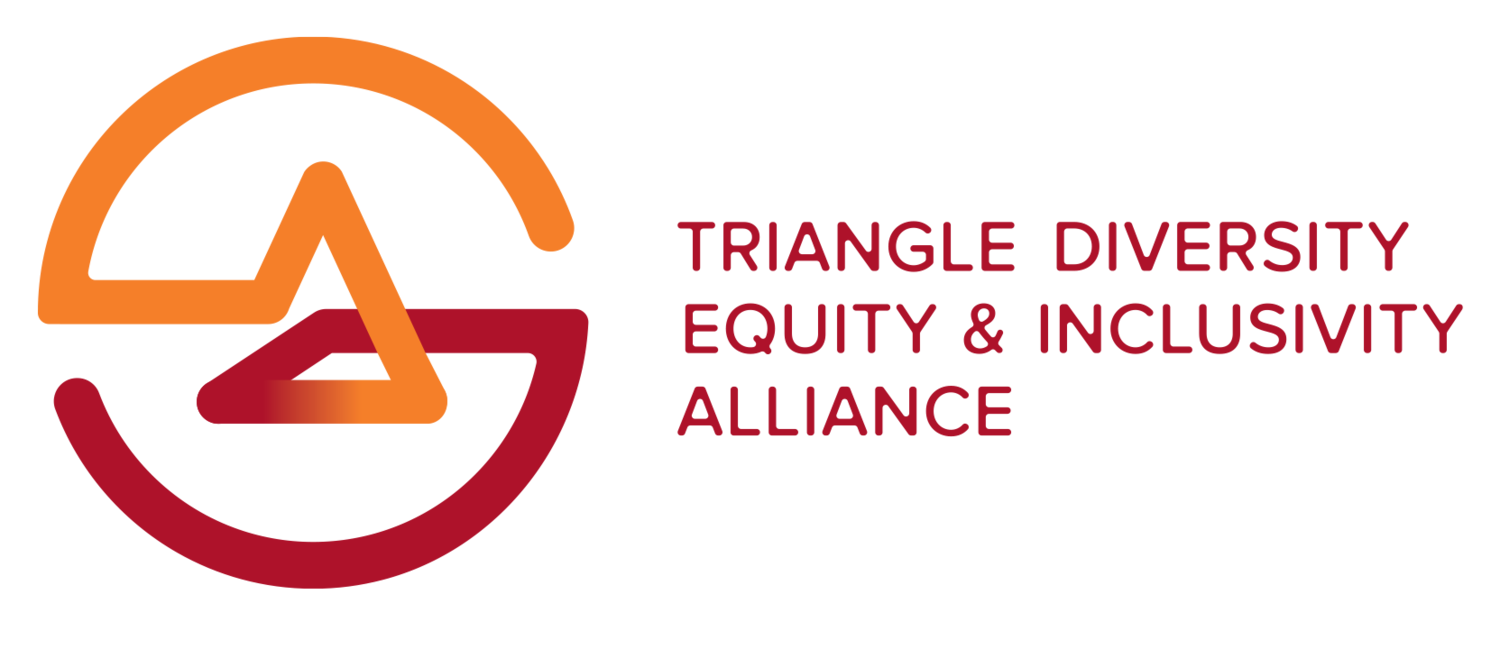How to Accelerate Your Organization’s DEIA Maturity
Riley Billman, Senior Associate Director, Equity & Justice at APCO Worldwide
Navigating diversity, equity, inclusion and accessibility (DEIA) change without proper resourcing, budgets, or leadership engagement can result in efforts that check a box instead of delivering meaningful change. The risks are high for organizations that avoid a candid assessment of their efforts and how to intentionally mature them to be more impactful.
To accelerate DEIA efforts and advance their impact, organizations need to understand and share with leaders exactly where they are and the way forward.
Ella F. Washington outlines The Five Stages of DEI Maturity in a Havard Business Review article and how companies progress through these stages:
Aware – DEIA is very new to the organization, often led by HR, legal, or an ad hoc response team.
Compliant – Efforts are centered within HR, aiming to meet basic EEOC requirements.
Tactical – DEIA is connected to business outcomes, usually led by a group of passionate employees volunteering their time without the support of a company-wide strategic DEIA plan.
Integrated – Internal and external efforts on DEI tied to a strategic plan, involves leadership buy-in and active support
Sustainable – DEIA efforts are maintained through economic changes and executive leadership changes because it is incorporated into the core fabric of a company.
The Compliant, Tactical, and Integrated stages are where we see significant burnout of DEIA practitioners or employee resource group (ERG) leaders, and usually where organizations get stuck as leaders inaccurately assess their effort’s momentum.
Is your organization moving from Compliant, Tactical to Integrated in your DEIA efforts?
The Compliant Stage often involves policies that focus on DEIA in hiring, promotions, pipelines, board representation, but these goals may differ from actual daily application and execution. These organizations may bring in external consultants for one-time trainings or panels, but the larger decisions for DEIA strategy is often siloed from the core business and made by leaders who represent majority identities. With more than 80% of Chief Diversity Officers being white, organizations must incorporate representation in decision-making without tokenizing or expecting historically excluded employees to shoulder the full burden of progress.
Moving to the Tactical stage often involves a larger group of individuals who are accelerating progress, and leaders focusing more on the day-to-day employee experiences, relationships and career growth within an organization.
Questions to Ask:
If you’re looking for more tactical efforts, how can you set up employees for success? What kind of budgets, resources, or cultural competence is needed?
Who is at the decision-making table? Are the leaders at that table a very homogenous group? Are decisions being made on behalf of identities not present at the table?
Organizations at The Tactical Stage may have multiple ERGs or a DEIA Council leading efforts, events, trainings, and the development of resources. Practitioners often suffer from high levels of burnout at this stage—repeatedly taking on emotional labor without an abundance of visibility among leadership, compensation, resourcing, or systemic support. Often, organizations lack a DEIA Strategic Plan that includes measurement, accountability, and clear commitments that solve issues that were highlighted by employee experience data.
Moving to the next stage involves a standardized strategy that has leadership buy-in and direct engagement from the leaders who are responsible for key departments. Each of these leaders need to be directly engaged in these efforts, aware of their role in advancing measurable progress, and accountable for reporting on that progress in some way.
Questions to Ask:
What measurable and public DEIA commitments has your organization made? Are those ideas based on needs from the employee experience?
Who is responsible for the success of DEIA efforts? How involved are the leaders whose day jobs oversee hiring, promotion, and department-wide strategies?
Are DEIA leaders doing this work outside of their core responsibilities, and if so, are they being compensated for taking on this additional work?
For the creation of a DEIA Strategic Plan, which departments must be involved and directly lead progress? How can you structure the plan to be built with a diverse group of employees?
The Integrated Stage is centered on an organization-wide strategic plan and priority areas for DEIA progress and guides the leaders whose roles are directly tied to those priority areas. This plan and transparency reports were built incorporating the employee experience, data in the industry/regions of operation, and best practices. This is still where the systems and progress largely rest on highly engaged leaders, and often more systemic structure is needed to ensure that the burden of facilitating equitable and inclusive progress is not placed on the plates of already busy leaders and instead is incorporated more deeply into the organization.
Questions to Ask:
Does the success, visibility, and resourcing of an ERG or initiative depend on the tenure of one leader or a small group of leaders?
Would an effort’s progress deteriorate if a few very active leaders left the organization at once? If so, what resourcing or systems could be put into place to ensure that’s not the case?
Are historically excluded employees reporting a positive employee experience, or is the DEIA plan not being put into practice?
APCO Worldwide is an advisory and advocacy communications consultancy helping leading public and private sector organizations be catalysts for progress by navigating the challenges of today, acting with agility, anticipating social risk, and building organizational reputations, relationships, and solutions to succeed. APCO is an independent and majority women-owned business.
Our decades of expertise and integrated approach enable us to provide a full range of services, across industry sectors and global markets, allowing us to offer effective counsel and programs for boards of directors, CEOs, and other C-suite leaders on their most pressing political, social and business opportunities and challenges. We meet the evolving needs of executives and their teams and provide them a path of progress in communications, public affairs, government relations, legal, risk, organizational transformation, international relations, social impact and brand marketing.
APCO publishes an annual DEI Outlook as a collaborative effort of APCO’s executive leadership, North America’s Diversity, Equity & Inclusion Program, Accelerate What’s Right, and the North America Equity & Justice Practice. This document outlines APCO’s approach to advancing diversity, equity, and inclusion in the near- and long-term and focuses on the intentional, measurable vision we’ve developed to forge real change in how we operate as a business, interact with our people and clients and collaborate with leaders in the broader environment. You can read about these commitments and our progress towards them here: https://apcoworldwide.com/about/mission-values/responsible-business/dei-outlook/
Riley Billman
Riley is the deputy leader for APCO Worldwide’s North America Equity & Justice Practice, and she specializes in corporate DEI strategies, employee engagement, executive positioning, and digital advocacy campaigns. She has counseled executive leaders of national or state-wide clients on DEI initiatives, messaging, and trackable progress. She has worked closely with C-suite executives to create employee-focused strategies to build values-driven communications plans and policy changes.

